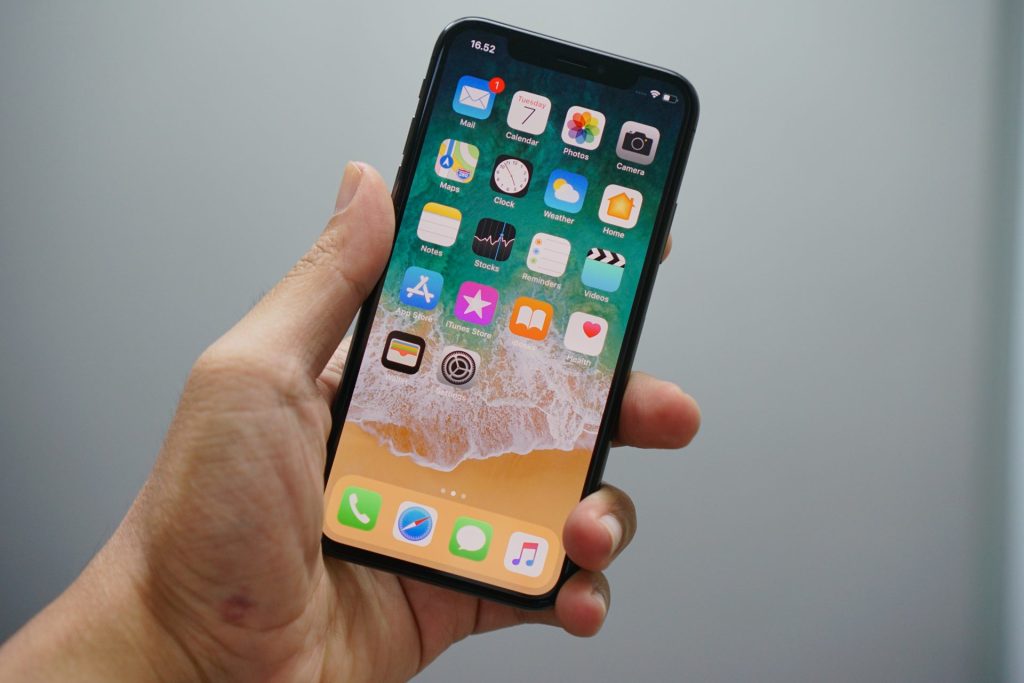Just take a moment and think about the smartphones in the market. It’s not hard to see that iPhones, when compared to other flagship devices, often come with a premium price tag. But, ever wondered why? Why does an iPhone cost so much?
In this article, we’re embarking on a journey to break down the seemingly elusive pricing strategy of Apple, to understand why iPhones are so expensive.

Unpacking the Apple Brand Value
Let’s kick off our investigation with a look at the Apple brand itself. Apple, as a company, has created a luxury, high-end brand image. Every detail of an Apple product, from its build quality and sleek design to its user experience, echoes this ethos of luxury. As such, consumers are willing to pay a premium price to be a part of the ‘Apple lifestyle’. The brand value itself adds to the high price of iPhones.
The Cost of Innovation and R&D
Another significant chunk of the iPhone’s price can be attributed to Apple’s commitment to innovation and extensive research and development (R&D). iPhones are often packed with groundbreaking technology and unique features. Remember when Apple first introduced Face ID? Or when they announced the M1 chip for the new iPhones? These innovations require substantial R&D costs, which inevitably gets factored into the final pricing.
High-Quality Materials and Manufacturing Costs
Apple never compromises on quality. iPhones are known for their use of premium materials and excellent craftsmanship. The cost of sourcing these high-quality materials, combined with the advanced manufacturing processes required to assemble the devices, contribute to the final price.
iOS Development and Updates
Unlike Android, which is used by multiple smartphone manufacturers, iOS is exclusive to Apple. The development, testing, and regular updating of this unique operating system require a substantial investment of time, effort, and resources, which again adds to the cost of an iPhone.
Supply Chain and Logistics
The journey of an iPhone from the assembly line to your pocket involves a complex and expensive supply chain. Shipping, taxes, and import duties in different countries can significantly increase the final retail price. Plus, Apple’s commitment to reducing its carbon footprint may lead to higher costs, which are passed on to the consumers.
Marketing and After-sales Services
Apple’s iconic marketing campaigns and its emphasis on customer service also factor into the cost. From memorable product launches to the high level of after-sales service, Apple spares no expense in ensuring customer satisfaction, which is partially reflected in the cost of the devices.
Apple’s Profit Margins
Lastly, like any successful company, Apple aims to make a profit. While Apple doesn’t disclose its profit margins for individual products, it’s safe to assume a portion of the iPhone’s cost is to ensure a healthy profit margin.
Wrapping Up
At the end of the day, the question of why an iPhone costs so much boils down to a combination of factors. The brand value, innovation, materials, manufacturing, iOS development, supply chain logistics, marketing, and profit margins all contribute to the hefty price tag.
But, when you purchase an iPhone, you’re not just buying a smartphone; you’re buying into an experience. The sleek design, user-friendly interface, regular updates, and the prestige that comes with owning an Apple product are what you’re paying for.
In a nutshell, iPhones are expensive because they promise more than just a phone – they promise an experience worth every penny.
FAQs
Now, let’s address some common questions related to the cost of iPhones:
Why is iPhone more expensive than other smartphones?
As we’ve explained, iPhones are more expensive because of their brand value, quality of materials, R&D costs, exclusive iOS system, complex supply chain, unique marketing campaigns, and high-quality after-sales service.
Are iPhones worth the high cost?
This is subjective and depends on what you value in a phone. If you appreciate a smooth user experience, regular updates, and a robust ecosystem of devices, an iPhone might be worth the high cost.
Will iPhones ever become cheaper?
It’s hard to say. While Apple does offer some cheaper alternatives like the iPhone SE, the flagship models are likely to continue to command a premium price due to the factors we’ve discussed.
So, there you have it – a comprehensive analysis of why an iPhone costs so much. We hope this gives you a clearer understanding and helps inform your decision the next time you’re considering buying a new iPhone.
Leave a Reply